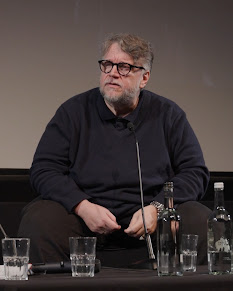I got my hands on an advance copy of 'The Age of Video Games: A Graphic History of Gaming from Pong to VR and Beyond', written by journalist Jean Zeid and illustrated by Émilie Rouge, a graphic novel that sets out to cover the long history of video games as a medium. As someone who has been fascinated by games since the age of 5, I found the concept extremely interesting, and having read the entire thing I can say that the book certainly did not disappoint.
'The Age of Video Games' has its two protagonists, Jean and Émilie themselves, travel through time, and sometimes into the worlds of each specific game they are referencing, telling the story of how video games started as a concept, how they interconnect with the history of programming and the personal computer, and how they evolved into the global industry that is now an inseparable part of modern pop culture. There are also many mentions of the people who helped shape the gaming medium, from the early days of the Atari and on. It was good seeing some lesser known names appear, and also seeing the many, many women who have been a part of gaming history since the beginning, being mentioned and credited for their contributions too.
The book wins major points for using comic book format to tell its story. Having the reader being flooded with facts could have become boring very soon, but the beautiful, colourful illustrations accompanying the banter really kept things interesting. I loved the art, and I loved all the video game references and how it changed and adapted accordingly when it depicted different worlds and characters. It kept a solid balance between remaining consistent and making each homage immediately recognisable.
Of course it was impossible to reference every single game, but the book really does an impressive job in covering a lot of ground in that regard. Apart from the big players that one cannot omit when talking about the history of gaming, it was nice seeing indie titles also referenced. On a personal level, it was also good seeing games like 'Full Throttle', 'Maniac Mansion, and 'Grim Fandango' pop up as well. If I had a nitpick, it was that the modern slang sometimes felt a bit inorganic, but admittedly the jokes between the two characters did land for me.
It's a read I'd recommend to anyone with an interest in the history of gaming, as it's a love letter to the medium written with a lot of knowledge and a lot of love for the subject matter.
A big thank you to Andrews McMeel Publishing for providing me with a copy.
The book is expected to be published on July 22, 2025.














